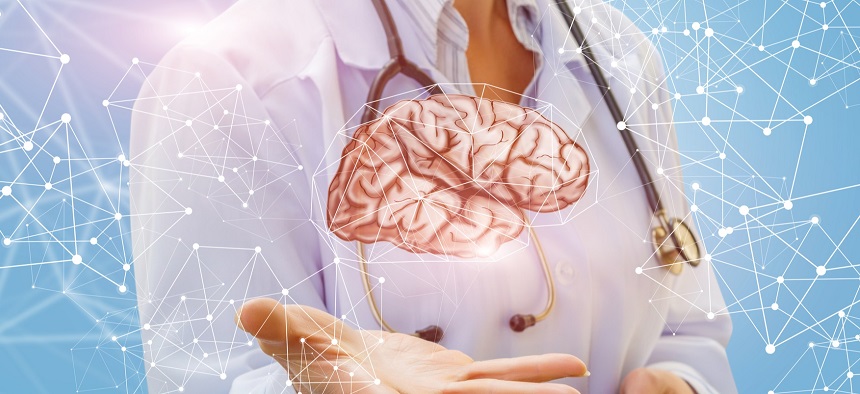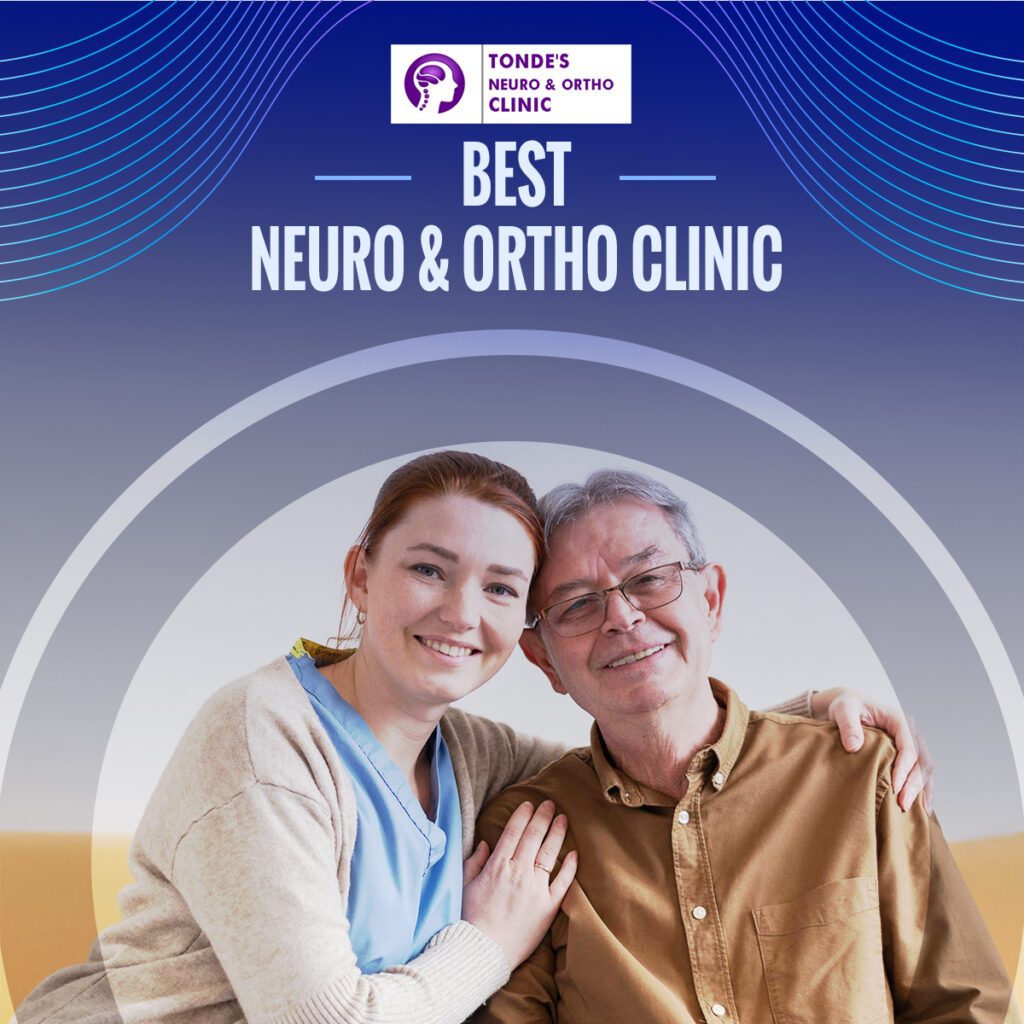Have Any Questions?
+91 77 9849 9977
Visit Us At
103, Shivom Regency, Baner Rd, Pune
+91 77 9849 9977
103, Shivom Regency, Baner Rd, Pune
Neurological rehabilitation (rehab) is a doctor-supervised program designed for people with diseases, injury, or disorders of the nervous system. Neurological rehab can often improve function, reduce symptoms, and improve the well-being of the patient.
Neurological disease may result in chronic neurological deficit, and this accounts for a substantial burden of morbidity in the community. Some disabling diseases are particularly likely to affect young individuals


Any patient with a neurological condition may be referred for rehabilitation through a prescription or order provided by a doctor.
Symptoms that may prompt the need for neurological rehabilitation include:
Patients who benefit from neurological rehabilitation include, but are not limited to, those with the following diagnoses:
While a patient will still have a primary care medical team, the rehabilitation team provides additional treatments and therapies. The rehabilitation team consists of highly skilled professionals dedicated to each patient’s needs. The most appropriate treatment plan for each patient is developed after an evaluation. Neurological rehabilitation may include some of the following team members:
Injuries, infections, degenerative diseases, structural defects, tumors, and disorders in the circulatory system can impair the nervous system. Some of the conditions that may benefit from neurological rehab may include:
Vascular disorders, such as ischemic strokes (caused by blood clots), hemorrhagic strokes (caused by bleeding in the brain), subdural hematoma, and transient ischemic attacks (TIAs)
Infections, such as meningitis, encephalitis, polio, and brain abscesses
Trauma, such as brain and spinal cord injury
Structural or neuromuscular disorders, such as Bell palsy, cervical spondylosis, carpal tunnel syndrome, brain or spinal cord tumors, peripheral neuropathy, muscular dystrophy, myasthenia gravis, and Guillain-Barré syndrome

Mail Your Resume At : drpriyankaneuro13@gmail.com